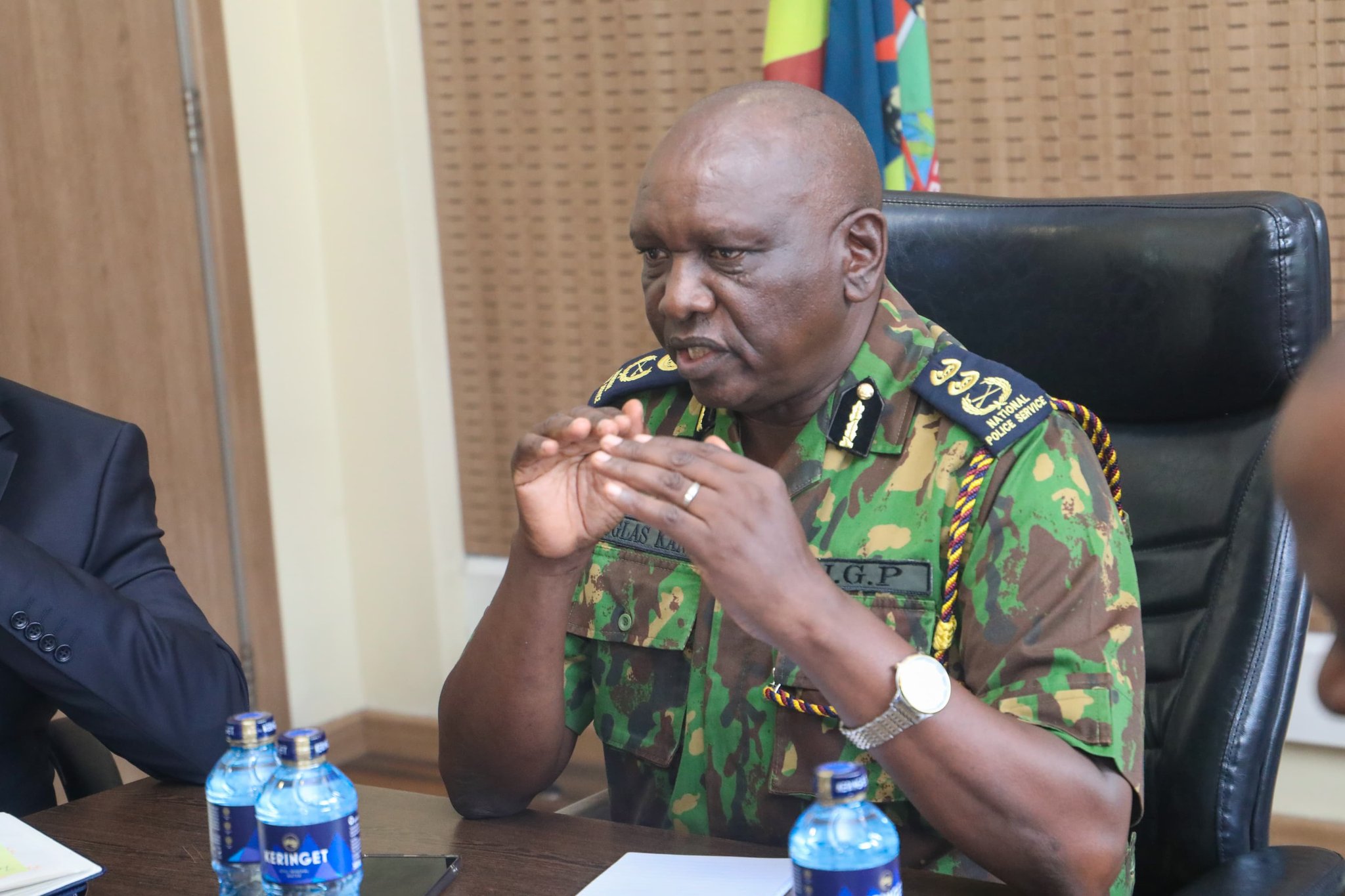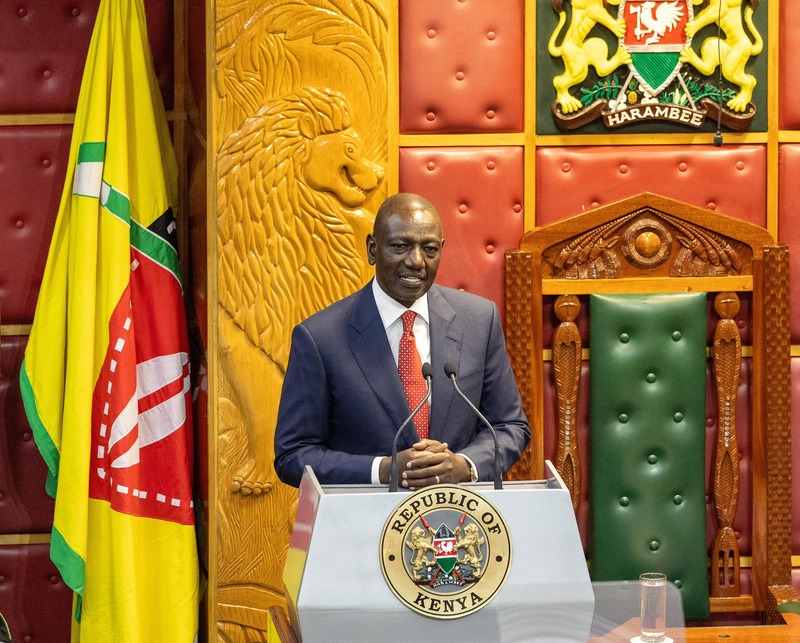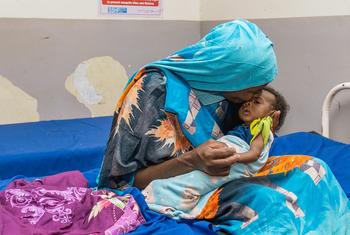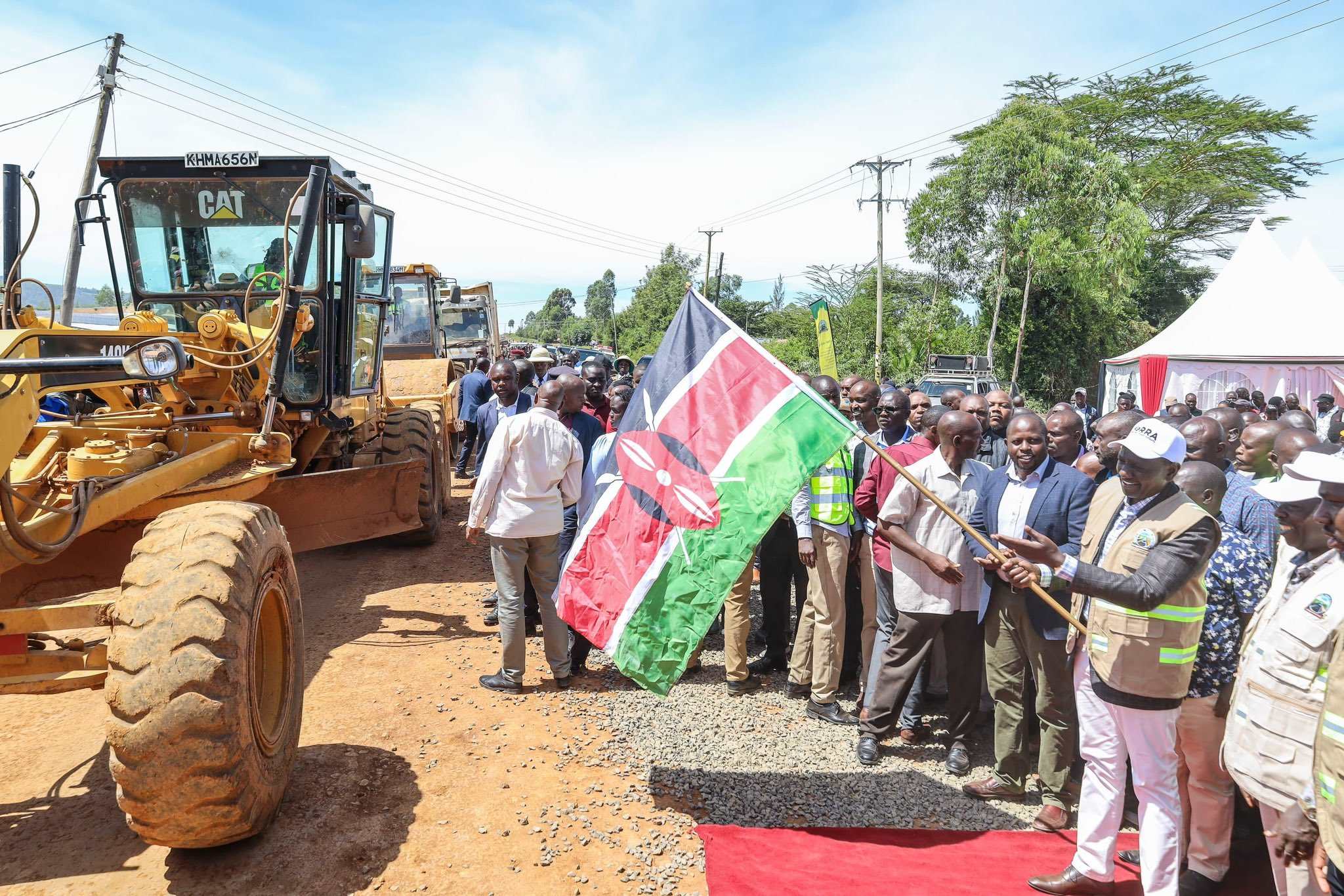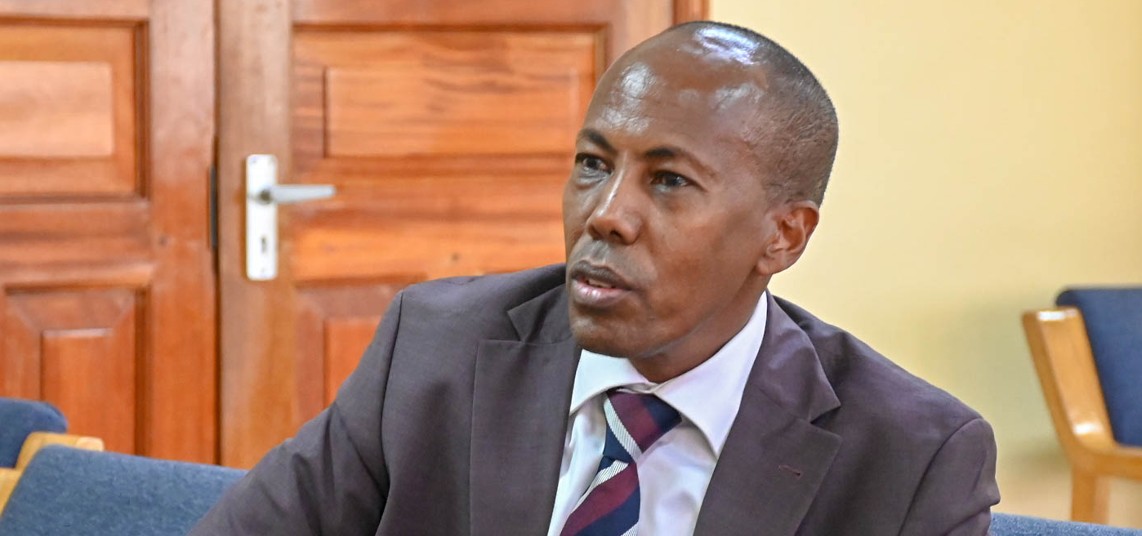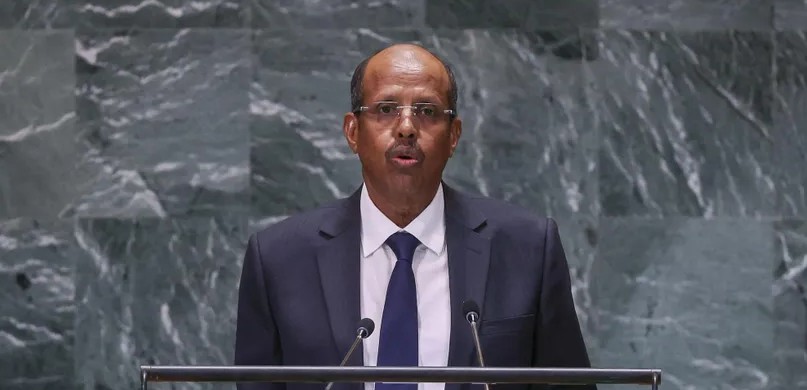Interior CS Murkomen says Mandera chiefs to be armed as state battles Al-Shabaab threats
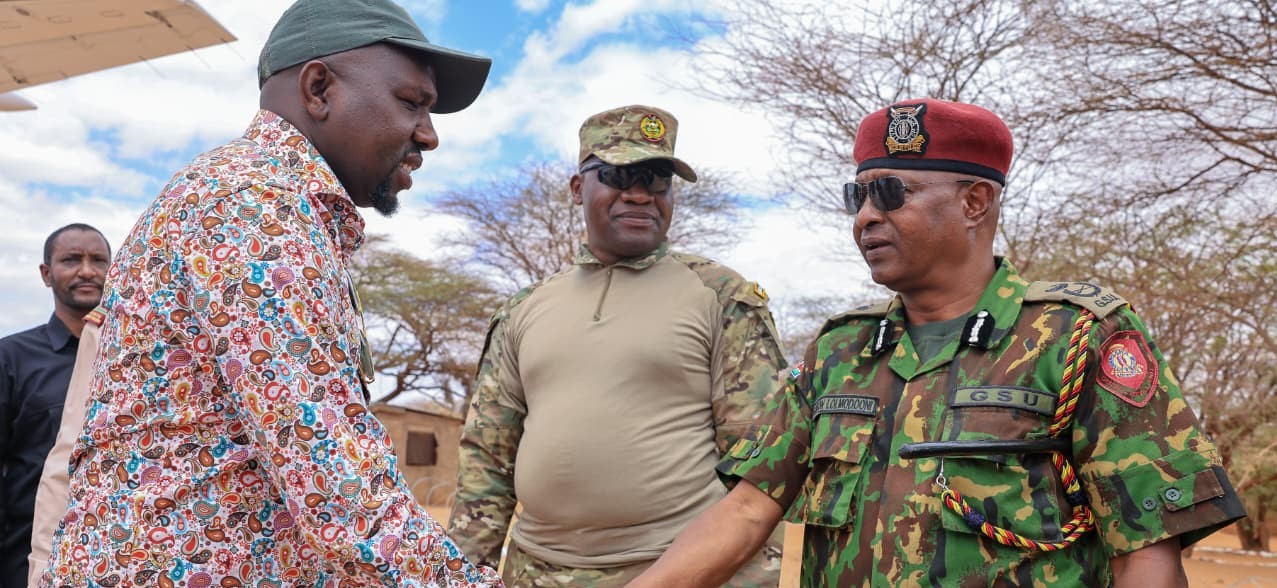
Murkomen assured the community that the government will continue deploying more NPRs and incentivising officers to ensure lasting peace in the region.
Chiefs in Mandera County will soon be armed for self-protection as the government intensifies efforts to curb terrorism and inter-clan violence along Kenya’s northeastern border.
Interior Cabinet Secretary Kipchumba Murkomen announced this during the Jukwaa la Usalama forum in Mandera town, where local leaders and residents raised growing security concerns.
More To Read
- Kenya’s justice system under strain amid rising mob justice, overcrowded prisons
- African Union calls for respect of Nigeria’s sovereignty amid religious persecution claims
- 868 Al-Shabaab militants killed since February - Somali Defence Ministry
- Nigeria dismisses US claims about prosecution of Christians
- Kenya and UK celebrate gains against violent extremism at Ethiopia and Somalia borders
- Al-Shabaab founding member killed in Somali airstrike amid ongoing military offensive
"Some of our chiefs have paid the ultimate price while serving their communities. We cannot compromise their safety," Murkomen said.
"Those who need firearm training will undergo proper instruction," he added.
Mandera, which borders Somalia, has long struggled with insecurity. The region faces persistent threats from Al-Shabaab incursions, cross-border raids, and violent clashes over grazing land and water. These challenges have left residents exposed and stretched security forces thin.
The situation is worsened by the ongoing war in Somalia, which frequently spills into Kenyan territory. Residents also report rising crime in Mandera town, with boda boda (motorcycle taxi) operators linked to robberies and the movement of armed criminals.
Vital to conflict resolution
Murkomen stressed that grassroots leaders such as chiefs are vital to intelligence gathering and conflict resolution, making their protection essential.
He urged them to uphold integrity in their work—especially in the issuance of national identity cards—and to strengthen cooperation with police.
"The collaboration between chiefs and officers commanding police stations must be seamless," he said.
On concerns about mobility and logistics for security officers, Murkomen said the government will prioritise the deployment of vehicles once its ongoing motor vehicle leasing programme concludes.
He also reaffirmed the state’s commitment to modernising security operations through advanced technology and improving officer welfare.
Tighter border control
Local leaders, including Mandera Governor Mohamed Khalif and Members of Parliament, pressed for tighter border control, more administrative outposts, and increased recruitment of National Police Reservists (NPRs) to reinforce security.
"We will remain committed to providing the necessary support to complement their work," Governor Khalif said, pledging full cooperation with security agencies.
Murkomen assured the community that the government will continue deploying more NPRs and incentivising officers to ensure lasting peace in the region.
He was accompanied by senior security chiefs, including Inspector General of Police Douglas Kanja, Deputy Inspector General–APS Gilbert Masengeli, Directorate of Criminal Investigations (DCI) Director Mohamed Amin, GSU Commandant Ranson Lolmodooni, Principal Administrative Secretary Beverly Opwora, and Secretary for Internal Security Thomas Saka.
Top Stories Today

